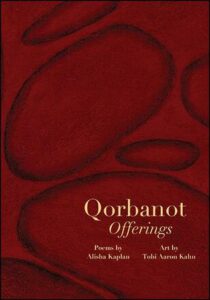 Alisha Kaplan and Tobi Aaron Kahn’s Qorbanot: Offerings (SUNY Press, 2021) is a gift of candour, scholarship, history, and future. Its substantial, glossy pages relax open (on a table, a lap, into the reader’s palms) to insist that we take time to witness its shimmering dialogue between poet and painter. Qorbanot is a particularly complex gift (yes, of course—an offering) that urges us to accept both warmth and pain. I’ve never read a book of poems quite like it.
Alisha Kaplan and Tobi Aaron Kahn’s Qorbanot: Offerings (SUNY Press, 2021) is a gift of candour, scholarship, history, and future. Its substantial, glossy pages relax open (on a table, a lap, into the reader’s palms) to insist that we take time to witness its shimmering dialogue between poet and painter. Qorbanot is a particularly complex gift (yes, of course—an offering) that urges us to accept both warmth and pain. I’ve never read a book of poems quite like it.
At first glance, Kahn’s paintings appear abstract, with controlled colour palettes, undulating shapes, and strong outlines—jarringly close (like microscope slides) or assertively distant (like topography). But to neglect the context of Kahn’s paintings—their titles (named “studies,” all), their intimate relationship with Kaplan’s polyphonic poems—is to close oneself off from the experience of Qorbanot. In dialogue with Kaplan, Kahn’s art becomes figurative and emotive, yet just out of reach, “like [prophets] looking into a dim glass” to glimpse God (110).Continue Reading Qorbanot: Offerings

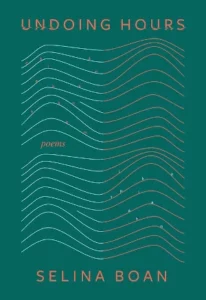 Selina Boan’s debut poetry collection
Selina Boan’s debut poetry collection 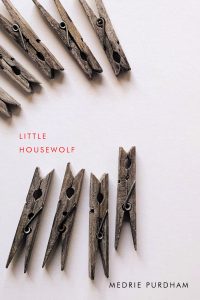 The summary and review excerpts on the front flap and back cover of Medrie Purdham’s Little Housewolf (
The summary and review excerpts on the front flap and back cover of Medrie Purdham’s Little Housewolf (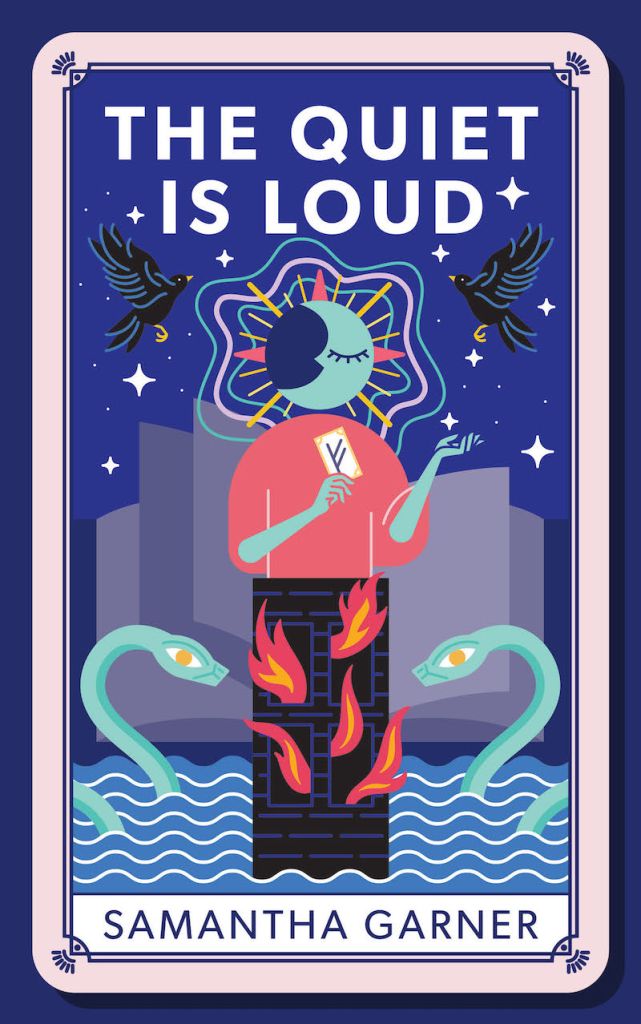 The Quiet is Loud (
The Quiet is Loud (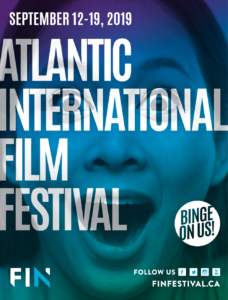 Did you attend the 2019
Did you attend the 2019 